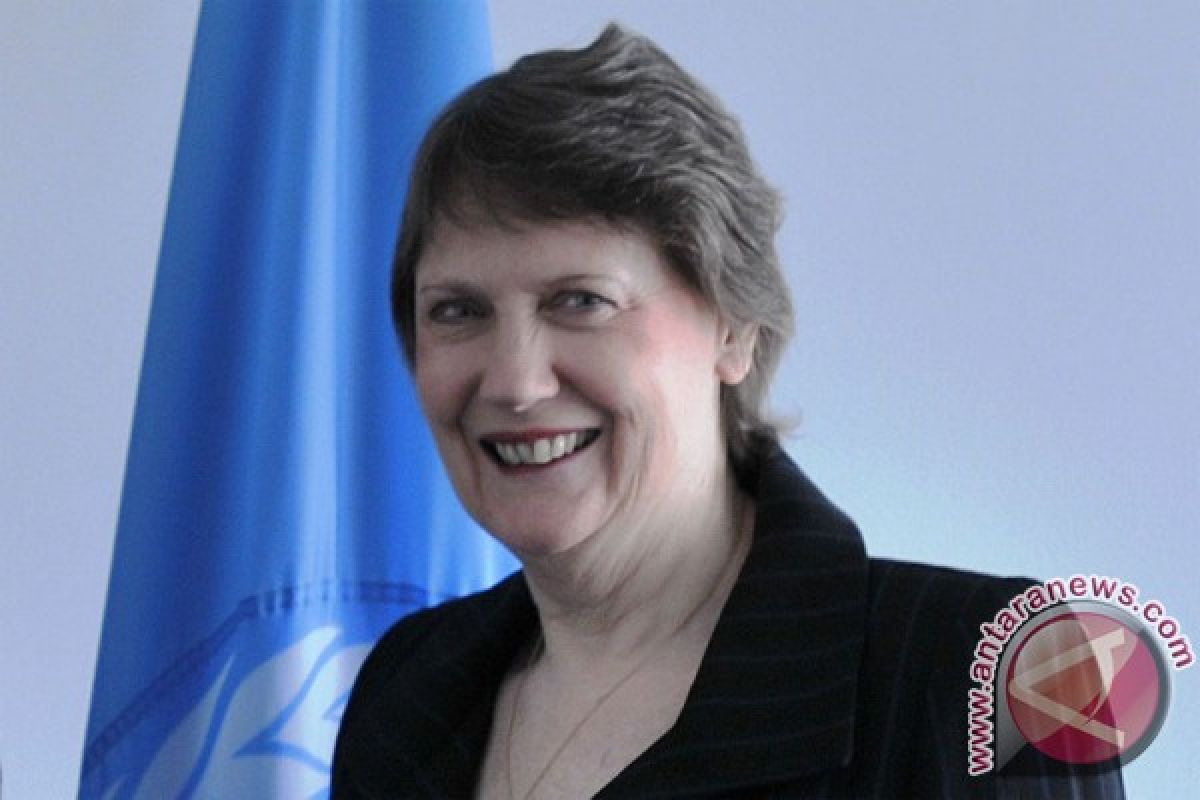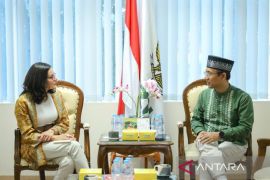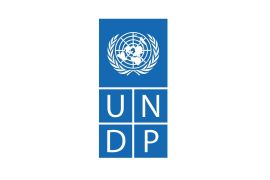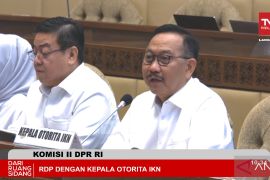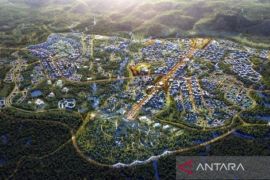"UNDP commends the Government of Indonesia for designing a REDD+ program whose scope and ambition takes into account the complexities and challenges of the development issues presented by forest governance and climate change mitigation," UNDP Administrator Helen Clark noted in a statement from the Indonesian Foreign Affairs Ministry received here on Thursday.
Clark also seconded President Susilo Bambang Yudhoyonos (SBYs) statement, which endorses the importance of forests for the poor and marginalized, especially women.
"At the outset, let me praise President Yudhoyono for his leadership on this agenda and for championing an ambitious and far-reaching vision of REDD+ both in Indonesia and globally. Your presence here, Mr. President, reaffirms the very strong commitment you have made to Indonesias REDD+ agenda," Clark stated.
Addressing the leaders of friendly countries in REDD+ Indonesias Forum held in New York, the United States, President Yudhoyono highlighted the importance of implementing the REDD+ programs in order to maintain the global temperature from increasing above two degrees Celsius.
"REDD+ is a mechanism that is very important if we want to remain under the limit of two degrees Celsius by the end of this century," the president remarked.
One of the steps implemented as part of the REDD+ programs in Indonesia is the moratorium on issuing permits for the utilization of peatland and tropical forest areas.
"Through this moratorium, Indonesia managed to protect 53 million acres of land. Due to the positive result, the moratorium was extended until 2015 to drastically reduce deforestation and degradation," stated the president.
According to the president, there are four lessons to be learnt from the implementation of REDD+ in Indonesia.
"First, there is a need to change the public mindset about forest use. Second, is the need to protect the local community," SBY stressed.
Thirdly, the president laid emphasis on the involvement of a wide range of stakeholders such as NGOs, local communities, the private sector, and government. He ultimately stressed on the need for the government to play a stronger role as a regulator.
***3***
(Tz.A050/INE/a014)
EDITED BY INE
(T.A050/A/KR-BSR/A014) 25-09-2014 16:53:21
Editor: Priyambodo RH
Copyright © ANTARA 2014
